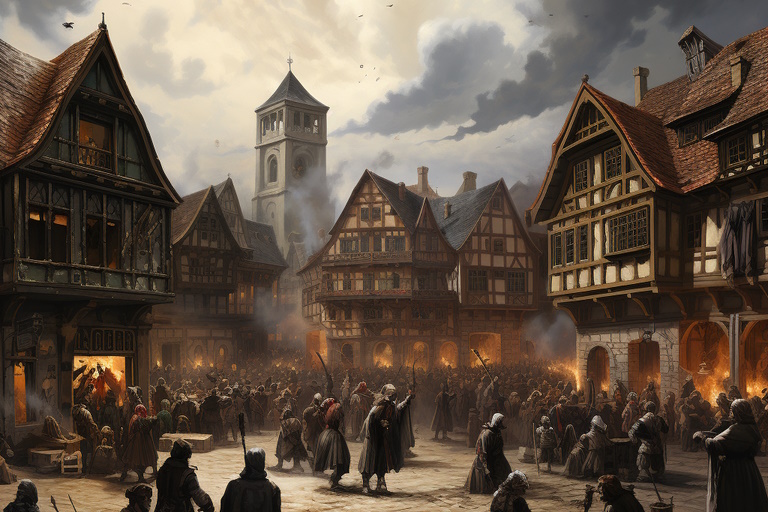So here is the difference between a normal and a polarized society.
Suppose your country has a blue party and a yellow party. One day, a prominent blue politician gets caught. Doesn’t matter what, corruption, sexual abuse, whatever. A common, but serious, crime.
In a normal society, the reactions are like this: The blue party expels the person and expresses its regret that such a person held a prominent position within the party. The yellow party condemns the politician, but refrains from generalizing; they express recognition that such a “bad apple” does not represent their opponent.
End result: the political status quo remains, the perpetrator lands in prison, the rule of law is upheld and the respect and trust in the system of institutions remains strong.
In a polarized society, however, something else happens: The blue party defends the person, calls the accusations politically motivated lies, and accuses the yellow party of abusing the system of institutions in a “witch hunt”. The yellow party will point at the perpetrator, using him in propaganda that suggests that his behavior is characteristic of the blue party, which is full of corrupt abusers who think that they are above the law and would twist institutions just to protect the guilty.
End result: political polarization deepens; the perpetrator may go free or, if punished, celebrated as a victim of politically motivated false charges and persecution, the rule of law is undermined, and respect and trust in the system of institutions plummets.

A town square with citizens divided into two opposing groups spewing hate at each other — MidJourney
This, of course, benefits the most those activists and political opportunists who thrive on conflict and corruption. They exist everywhere: their presence is not restricted to any particular political party or ideology.
So take your pick. I much prefer not to live in a politically polarized society.